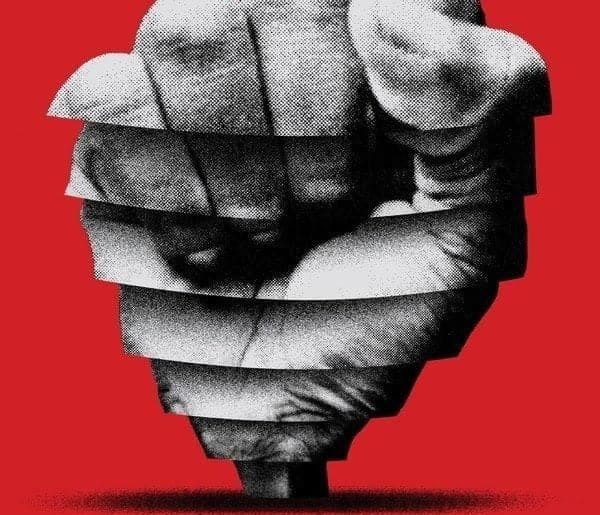Last night, I was involved in a heated argument with my school friend over the government’s efforts in containing the novel coronavirus in India. It started off as a healthy discussion as to what can be done to better the current situation but soon turned into a politically charged conversation. Now, that’s not us. Back in school, all that we discussed was cricket and WWE. Politics was never on the table. It was never meant to be but now that it is, learning to live with it is the only option left.
This is not the first time I have come across such situations. India has become a breeding ground of controversies since December 2019 when the amended Citizenship Act came into being. Nationwide protests, gruesome violence, student dissent took the centre stage. All this was followed by the worst riots Delhi has experienced in over 36 years. Escaping confrontations becomes difficult when so much happens so fast. I have had people agreeing with my opinions and others, discarding them. There’s always resistance, but when it is your friend opposing your point of view, it can be a hard pill to swallow. Why are we friends with anyone anyway? Largely because of the similarity in our thoughts and views. But when that common link seems doubtful, conflicts arise. You start doubting your friendship and it adversely affects you, mentally, socially, emotionally. All of this is accompanied by the urgent need to prove yourself right and the other, horribly wrong. A discussion that could have been fruitful turns unhealthy and violent. And to be honest, there’s no way to avoid these conflicts. Either you’ll choose friendship over your beliefs or vice-versa. Irrespective of the choice, you’ll be losing something valuable. So is there a middle ground? How do we deal with such conflicts?
Here are two things that, in my opinion, can put things into perspective:
Respecting Opinions
No matter how flawed their narratives may seem, you must learn to respect their opinions. Their choice of political parties/leaders/policies might not go down well with you but we must realise that everyone is entitled to think and process the way they do. That is exactly what we call a democracy, a concept that is not only fading away from India but many other countries as well. Our friends might support controversial judgements and legislations but rather than indulging in unhealthy and heated discourses, backing your arguments with logic and facts and presenting them with compassion is the way forward. And if this doesn’t work, try the next step.
Acceptance
One can always persuade the other into believing that his/her argument makes more sense but in the end, it’s always better to accept that people think and react differently. And those beliefs are a result of many variables, one of which, is privilege. The more privileged you are, more often than not, you’ll side with those in power. Privilege makes a man overlook the otherwise evident truth. In a nutshell, accept the fact that you and your friend differ in your politics and that consequently affects your bonding.
And all of this is not limited to friendships and can be extended to many other relationships as well. They might be your own relatives or family friends or boyfriends/girlfriends. So the next time you discuss politics with your dear one, do so with kindness and logic, the two cornerstones of a fruitful discussion.
Featured Image Credits: DU Beat Archives
Ayaan Khan is a 1st-year student pursuing a Bachelor’s in Statistics (H) at Ramjas College, University of Delhi. He’s particularly interested in Journalism and Poetry.









